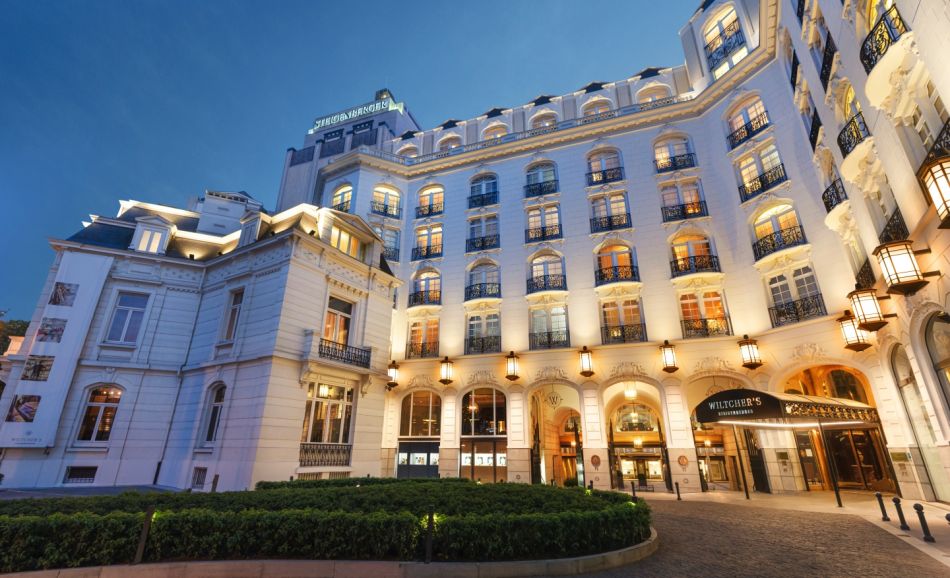The hotel sector may have suffered its worst year in living memory, but it is preparing major plans for the future, and an expected flood of tourists.
Last year saw hotel occupancy rates plummet to 10-15%, where the hotels in question weren’t simply closed. But things are already looking up.
“After 14 months, we can finally open our breakfast buffet again,” Filip Goorden, manager of the Antwerp Arras Hotel, told de Tijd. “We have seen demand rise again for a few weeks. But people book even more last minute than before.”
According to the newspaper, in the cities of Antwerp, Ghent and Brussels alone, the number of hotel rooms – 25,000 in 2019 – will increase from this year by more than 5,000, spread among 40 new hotels.
Brussels accounts for the lion’s share: 30 hotels and 3,000 rooms. Ghent is expecting ten hotels with 1,100 rooms. And Antwerp will see the arrival of 1,400 new rooms.
Perhaps surprisingly, even at the height of the health crisis, new hotels were opening their doors. Among them the five-star Juliana on the Brussels Place des Martyrs, and the trendy Moxy in the Matonge district of Ixelles.
No-one knows when tourism, and hotel business, will pick up again, but the hotel sector is looking at the situation as temporary. The World Tourism Organisation reckons things may be back to pre-Covid levels by 2013 – just as the new hotels welcome their first guests.
“There is a strong demand for new-build hotels,” said Frederik Lesire of the developer BPI Real Estate, which is planning two hotels in the centre of Brussels.
“Landlords look at the long term and consider the impact of corona to be temporary.”
Catering to rising numbers of tourists requires strategy, and new hotels is one tool in the toolbox. Others include city-breaks with all-in stays, tour packages and so on; offers that target particular age groups, including young people.
“Three or four years ago, low-budget hotels started to boom. That is the concept of recent years," said Frank Tans, who is developing two hotels in Ghent and Antwerp for the French budget chain B&B.
“They don't have a restaurant because they target the younger clientele, who go out for breakfast and dinner elsewhere. They don't travel like our parents, who stayed in the same hotel for two weeks.”

